 I’m starting to see more and more articles, both locally and nationally regarding FSBO. Usually these articles are realtors that are frustrated with property owners working without an agent. You probably read them, “Realtors can obtain a higher purchase and list your home on realtor.com etc. etc.”
I’m starting to see more and more articles, both locally and nationally regarding FSBO. Usually these articles are realtors that are frustrated with property owners working without an agent. You probably read them, “Realtors can obtain a higher purchase and list your home on realtor.com etc. etc.”
Yes, yes, all of these things are true, but an argument can be made when market conditions are just right for owners to do these things on their own. With the amount of buzz around the subject lately, I thought I would bring up a few points you don’t normally read about.
Cash – a good analogy is selling a vehicle. I was once in a situation with a cashier’s check from a reputable bank and a large sum of money. Long story short to fit this article in the newspaper. I cashed it, but the funds were only good for about 2 weeks. Never did I see that money or the person who gave me the check again. This is exactly why I won’t sell a vehicle without a dealer. These things happen, and usually that liability is passed on to the service provider. Because that service provider takes on that extra liability, they know exactly what to watch for with regards to these situations.
Buyers – A successful FSBO transaction requires two parts. A seller comfortable working through the process without an agent, and a buyer. The real challenge is that buyer. In most circumstances, FSBO properties are targeted at first time home buyers. First time home buyers rely on professionals both on the lending side and the real estate transaction side to help them through the process. Without that helping hand, many just aren’t comfortable. Yes, agents do contact FSBO property owners with a buyer in hand, but we really don’t like to do it. We don’t have an agreement for compensation, and nobody likes to work for free (although I’ve been accused of that).
Forms – Back to the used car analogy. A friend of a friend once stuck a car on the street and offered a test drive to a potential buyer. It turned out there was a misunderstanding, because the potential buyer thought he was keeping the car overnight. He also didn’t have insurance. You see where I’m going with this – the Idaho Real Estate Commission prepares forms for professionals to protect buyers and sellers from liability.
Liability – speaking of liability, if you have ever taken courses for a profession that requires licensure, there’s usually a major focal point. You are not an attorney. You are not an attorney. For instance, “thank you for handwriting this bill of sale, but you did not state that the vehicle was an as-is condition. The brakes failed on the way home…” as agents, we (at a minimum) carry errors and omissions insurance, and many of us carry additional forms of insurance.
Let’s ignore every other agent’s plea, and assume that the professional was not able to get you a dime over what you can do yourself. You save 5 or 6%. Is it worth it? Liability, a dramatically reduced buyer base returned by longer days on market (It doesn’t cost anything to hold onto real estate… Right?) The lack of proper forms and agreements, the risk for viability of good funds, AND nobody to point the finger at when all of these things come together in the worst case scenario…
We don’t dislike those who sell things on their own. We’ve all been there, sometimes it makes sense. Your neighbor has been telling you for years he wants to buy your property before you put it on the market. Ah, but wait, it’s still not too late. Call a brokerage, get a free property valuation. Maybe your neighbor might be offering you much less than the actual value. Maybe more. Another tip, have a real estate transaction you need to put together? Give an agent to call. You might be surprised with the willingness to help bring a transaction through a closing for a discounted rate. After all, the agent didn’t need to go through the efforts of marketing and showing the property, and all of the things above are relieved in many ways.
With the above, I have to take the opportunity to make the same argument all of my colleagues seem to make. I will not do this with national statistics from reputable sources online, but a personal story from a good friend. There was a time not long ago when we were selling property (and still are) for far less than actual rebuild costs. Overtime, many of these sales saw equity gain over a short period of time. My friend is a good example of this good fortune. In fact, his property was so desirable, he was contacted directly by a very nice retired couple who made him an offer he could not refuse. Because we were friends, he didn’t have a hard time telling me this, and I didn’t have a hard time receiving the information. I did have a hard time telling him that he vastly underestimated the actual value and equity gain he had seen over the past 3 years… to the tune of $70,000 or so. It was too late in this situation unfortunately, and I suppose he can sleep at night because he still made a healthy profit. I can sleep at night too.
